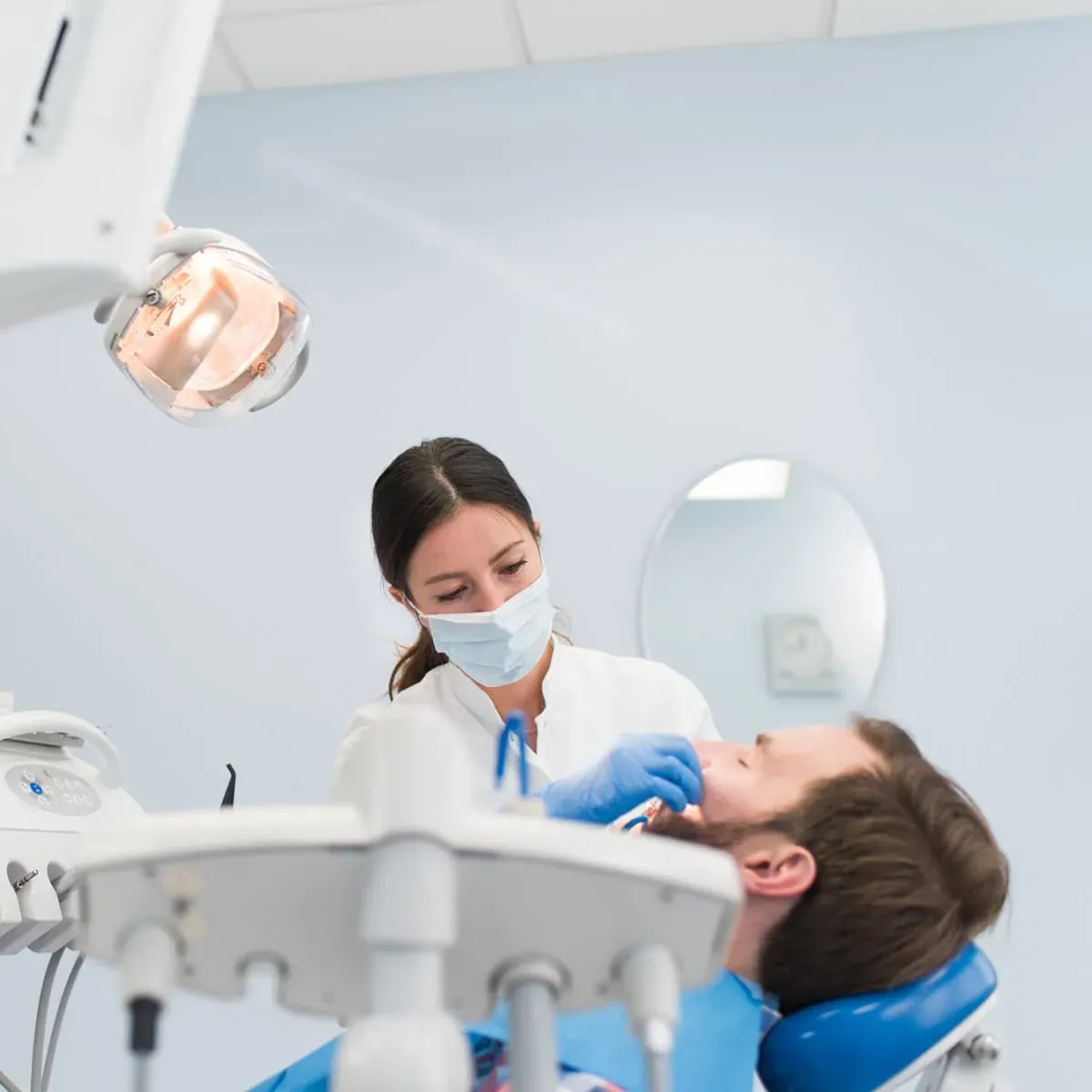Overview & Salary
Overview
Diagnose, treat, or research diseases and injuries of animals. Includes veterinarians who conduct research and development, inspect livestock, or care for pets and companion animals.
On the job, you would:
- Treat sick or injured animals by prescribing medication, setting bones, dressing wounds, or performing surgery.
- Inoculate animals against various diseases, such as rabies or distemper.
- Examine animals to detect and determine the nature of diseases or injuries.
Education
- doctoral degree
- post-doctoral training
Salary
Annual 10th percentile $70,350
Annual median $125,510
Annual 90th percentile $212,890
Knowledge & Skills
Knowledge
Health
- medicine and dentistry
Math and Science
- biology
- arithmetic, algebra, geometry, calculus, or statistics
Business
- customer service
- human resources (HR)
Arts and Humanities
- English language
Skills
Basic Skills
- listening to others, not interrupting, and asking good questions
- reading work related information
Problem Solving
- noticing a problem and figuring out the best way to solve it
People and Technology Systems
- thinking about the pros and cons of different options and picking the best one
- measuring how well a system is working and how to improve it
Personality & Abilities
Personality
Realistic
People interested in this work like activities that include practical, hands-on problems and solutions.
- Integrity
- Attention to Detail
- Analytical Thinking
- Stress Tolerance
- Dependability
- Cooperation
Abilities
Verbal
- communicate by speaking
- listen and understand what people say
Ideas and Logic
- make general rules or come up with answers from lots of detailed information
- notice when problems happen
Math
- choose the right type of math to solve a problem
- add, subtract, multiply, or divide
Hand and Finger Use
- put together small parts with your fingers




